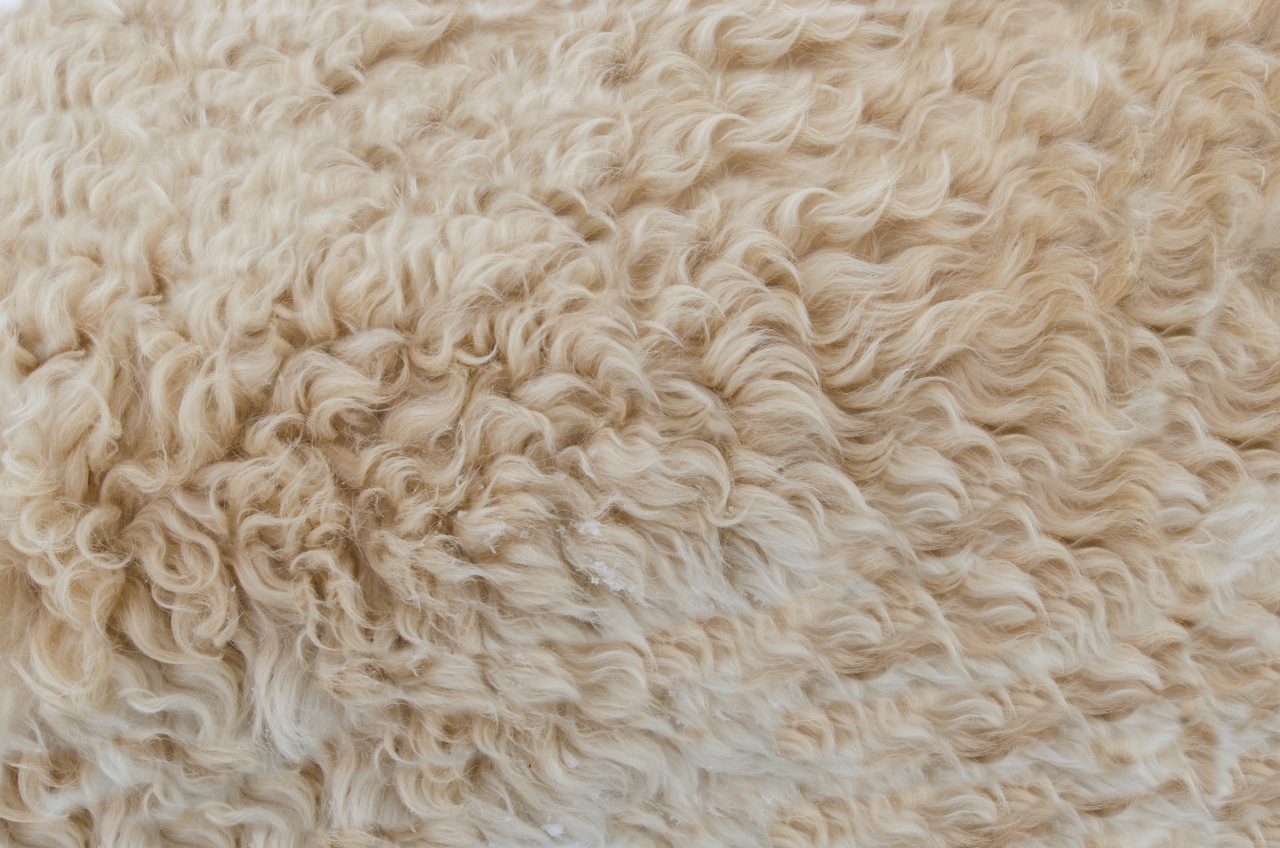Menopause is a normal part of aging that every woman will experience at some point in their life. However, this transition can bring about a range of symptoms, one of the most common being dry skin.
What Causes Dry Skin During Menopause?
Dry skin during menopause is brought on by a variety of factors. As estrogen levels in the body decrease, the skin becomes thinner and less elastic, leading to a loss of moisture.
Additionally, decreased sebum production from the skin’s oil glands can leave the skin dry and rough. Other factors, such as stress, diet, and environmental factors like cold weather, can also exacerbate menopausal dry skin.
How Can You Combat Dry Skin During Menopause?
Thankfully, there are several ways to combat dry skin and keep your skin looking and feeling healthy during menopause. Here are some tips:.
1. Hydrate
Drinking plenty of water can help keep your skin hydrated from the inside out. Aim for at least eight glasses of water per day to help your body function optimally.
2. Moisturize
Using a hydrating moisturizer can help lock in moisture and prevent water loss.
Look for a product that contains ingredients like hyaluronic acid, which can hold up to 1,000 times its weight in water, or ceramides, which help restore the skin’s natural moisture barrier.
3. Avoid Hot Showers
While hot showers may feel soothing, they can actually strip the skin of its natural oils, leading to dryness. Try to keep your showers lukewarm, and limit your time in the shower to no more than 10 minutes.
4. Choose Gentle Cleansers
Harsh cleansers can strip the skin of its natural oils, leading to dryness. Look for a gentle, pH-balanced cleanser that won’t disrupt your skin’s delicate balance.
5. Use a Humidifier
Dry indoor air can exacerbate menopausal dry skin. Using a humidifier can help add moisture to the air, keeping your skin hydrated.
6. Eat a Healthy Diet
A diet rich in fruits, vegetables, and healthy fats can help keep your skin healthy and hydrated. Foods like avocados, nuts, and fish contain healthy fats that nourish the skin from the inside out.
7. Manage Stress
Stress can take a toll on the body, including the skin. Finding healthy ways to manage stress, such as regular exercise or meditation, can help minimize its effects on the skin.
8. Protect Your Skin
Protecting your skin from the sun can help minimize menopausal dryness and other signs of aging.
Wear a broad-spectrum sunscreen every day, even when it’s cloudy outside, and take other sun protection measures like wearing protective clothing and seeking shade during peak sun hours.
9. Consider Hormone Therapy
If your menopausal dry skin is severe, you may want to consider hormone therapy. This treatment can help replace the estrogen lost during menopause, improving dryness and other symptoms.
10. Consult a Dermatologist
If you’re struggling with menopausal dry skin, it might be time to consult a dermatologist. They can help you devise a personalized skincare regimen that meets your unique needs.
By following these tips, you can combat menopausal dry skin and keep your skin looking and feeling healthy as you age.





























